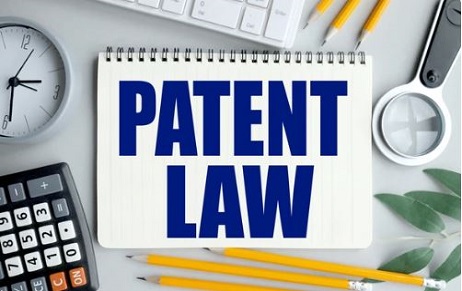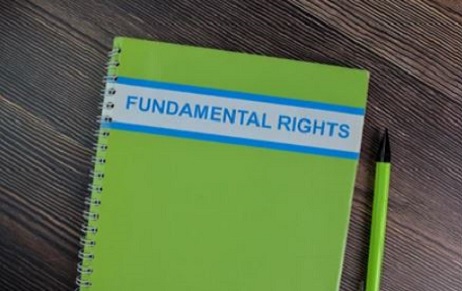INTRODUCTION Whether the Indian pharmaceutical firms are indeed innovating in developing new drugs or just…
Patenting of a Drug Under IPR.
Introduction

In this blog the various facets with respect to getting a drug patent have been covered in order to make the reader aware about getting a drug patent in detail.
The various facets with respect to getting a drug patent covered in this blog are-
what is the concept of Patent in India, the landmark judgement of- Novartis v. Union of India, which discusses the essential elements to get a drug patented in India.
My findings pertaining to getting a drug patent in India and also related to this landmark judgement have been mentioned and explained in the conclusion of this blog.
Introduction to a Patent
A patent is a right granted by the statute to a particular individual with regards to his invention i.e. the person can stop others from selling, using, making or importing the product or process without the prior permission of that inventor.
Therefore, we can say that the concept of patent helps the inventors a lot as without it their ideas could be easily stolen and used by the other people to gain advantage over them as a competitor.
Concept of E-Signatures-
An Electronic signature provides an electronic representation of a particular person’s signature which represents that individual’s identity electronically and when a particular person gives his electronic signature on a particular document it works in the same fashion as of a physical signature i.e. to give proof of consent and that person’s assent to the contents of the document.
The European Union’s Regulation 910/214 regulated and defines an electronic signature as “in electronic form which is attached to or logically associated with other data in electronic form and used by the signatory to sign”.
Landmark case law on patentability of a drug in India is that of-
Novartis v. Union of India
It is a landmark judgement related to Indian IPR laws. It is a case related to rejection of a drug patent application which was neither ‘inventive’ nor had any ‘superior efficacy’.
Facts– In this case a registration of patent application for a drug Gleevec was filed by the Novartis company.
The company filed this patent application by the way of covering the drug under the term ‘invention’ which is mentioned under Section 3 of the Patent Act of 1970.
Decision by the Supreme Court– After a seven years long battle the application of Novartis was rejected by the Supreme Court and the apex court for this decision gave two main reasons-
- The court declared that there was not an invention of a new drug and a mere discovery of an already existing drug won’t be regarded as an invention under the Patents Act, 1970.
- The apex court declared that for a grant of a patent under pharmaceuticals as per the Patent Act, 1970, apart from proving the traditional steps of novelty, inventive step and application, a new test is considered which is the test of improved therapeutic efficacy for the claims which cover incremental changes to an existing drug and in this case the Gleevec drug also failed to prove this test.
So as per this case law it is very clear that for a drug to be patentable it should satisfy the tests of novelty, inventive step and application, and for the cases where there are claims which cover incremental changes to an existing drug the test of improved therapeutic efficacy also plays a key role.
Conclusion
In this blog the subject matter of getting a drug patent in India is discussed in detail with the help of the landmark judgement on the same topic which is of- Novartis v. Union of India. The various facets related to this topic covered in the blog are- what is the concept of Patent in India, the landmark judgement of- Novartis v. Union of India, which discusses the essential elements to get a drug patented in India.
This particular blog would help the readers to analyze the subject matter of getting a drug patent in India as all the various aspects related to it have been dealt in depth in this blog.
Findings
- For getting a patent in India-
- The invention should be novel
- The invention should contain an inventive step
- The invention in question should have industrial application capability
- It should not fall under the category of inventions which are excluded under the said jurisdiction from patentability
- After a well versed research on the topic I found out that the landmark judgement of Novartis v. Union of India laid out a new point apart from these that the cases where there are claims which cover incremental changes to an existing drug the test of improved therapeutic efficacy also plays a key role i.e. the invention in question should provide some or the other improvement in the therapeutic efficacy when compared to the pre- existing drug.



